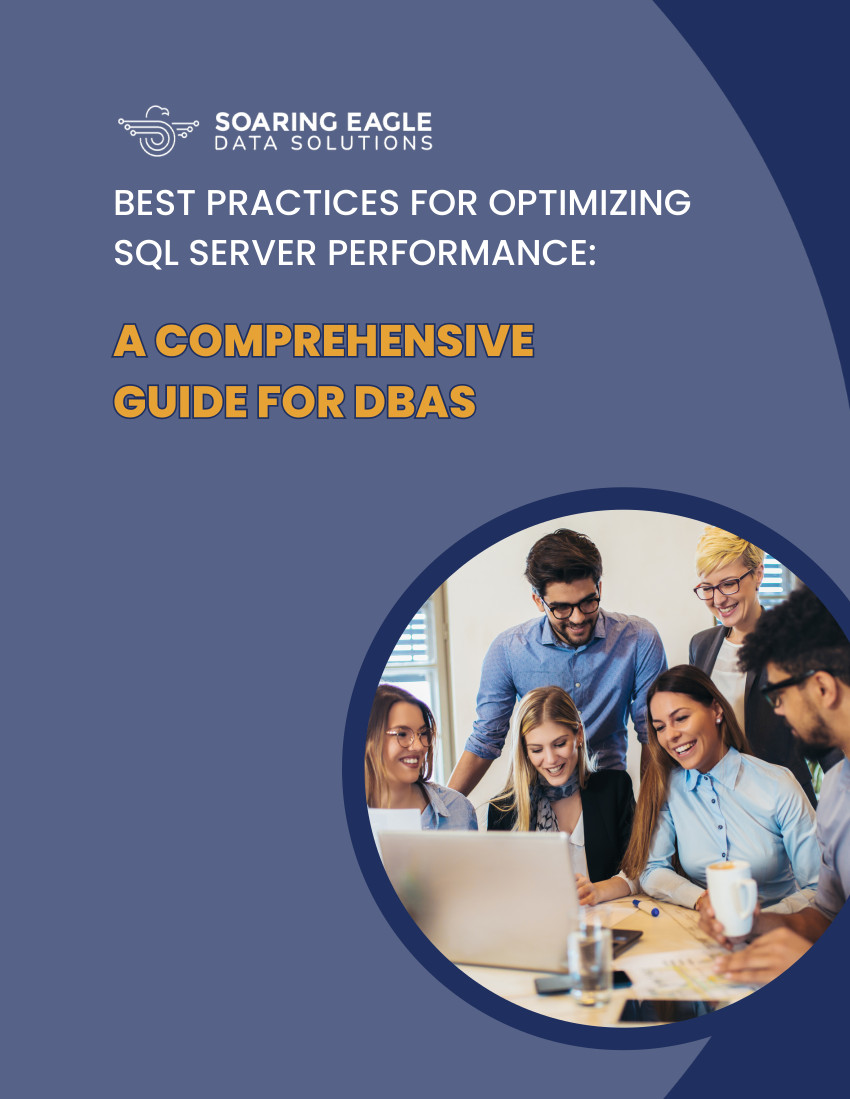
Even though automation is transforming the business industry, human interaction is still critical when the buyer-supplier relationship and the procurement department are involved. A miss match in Data Quality can lead to dignificant issues in the supplier/consumer equation.
Imagine a multinational organization working with tens of thousands of suppliers, having to keep personal and business relationships with each, without proper database management in place. How can a company with handle all the information if it is packed with errors and duplicates? How can you maintain data quality, when so much data comes from outside of your infrastructure?
Tracking supplier data, components, and services can be the most challenging aspect of supply chain administration. Many companies face these common supplier quality management issues:
- Systems still based on paper: Believe it or not, there are still companies that exclusively use Excel spreadsheets to manage supplier quality information. Utter chaos breaks out when the company has hundreds of suppliers that are impossible to handle in paper-based systems.
- Decentralized repositories: Information is often kept in several locations, generally in a mix of paper files and unvalidated electronic systems. Accurate reporting becomes exceedingly difficult due to the lack of centralization.
- Duplicated efforts: Ineffective supplier quality management processes lead to the same supplier being re-qualified over and over again.
- Company-wide inconsistency: This is caused when consistent supplier standards aren’t met or when communication across corporate divisions is unclear.
The financial implications of improved vendor data management reach further than any given analysis. If businesses have a more accurate view of how many vendors they work with, the procurement department can have a more confident negotiation posture. A precise vendor master list is essential for mitigating radical spend and ensuring that employees procure from approved suppliers, especially with multinational firms with departments all around the world, all of them purchasing from the same supplier without coordination.
When supplier data is optimized, cleansed, and consolidated, companies can have a more realistic worldview of who they are doing business with, placing them for more effective negotiations.
The consolidation of your supplier base should be a prime objective. It will provide your business with unprecedented quality levels while reducing procurement and operating expenses.
- Reduced costs: If you handle fewer suppliers, the billing process will become easier to handle. Your orders will also be easier to manage and track. This will result in avoiding time spent on multiple orders and invoices – and your team will be able to focus on your business.
- Improved service and support: When consolidating your services with a single vendor, you will create better relationships and enhanced service levels. The vendor will consider your account to be strategic to them and will improve quality to minimize the risk of losing your business.
If your company is struggling with data management, contact us today to discuss all the database solutions and services we offer.


